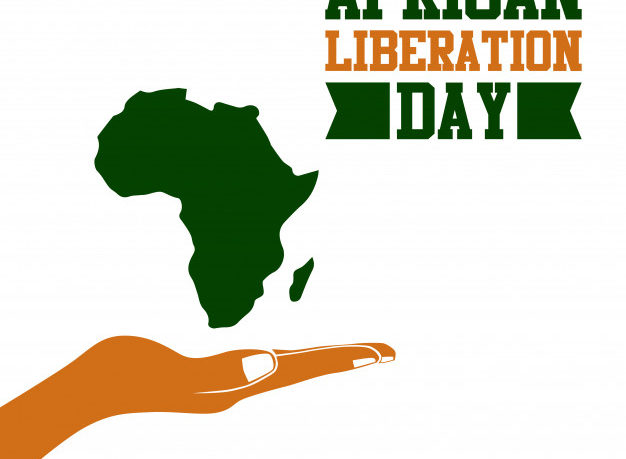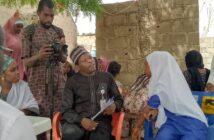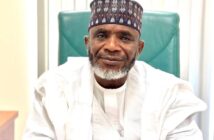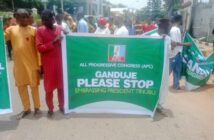Dr John Isemede on Tuesday called for a stronger bond between Nigeria and the Economic Communities of West African States (ECOWAS) to break barriers hindering trade on in the continent.
Isemede, a former Director-General, Nigerian Association of Chambers of Commerce, Industry, Mines and Agriculture (NACCIMA), made the call in an interview with the News Agency of Nigeria (NAN) in Lagos.
He spoke against the backdrop of the Africa Liberation Day celebrated every May 25.
According to him, for the smooth operations of the African Continental Free Trade Area (AfCFTA) agreement, Nigeria need to understand the market terrain, and difference in trade terms across the continent.
He noted that ECOWAS had recorded successes that should be a model for the country to build upon, to proffer clear guide and understanding of the AfCFTA agreement.
NAN reports that the aim of AfCFTA, signed in Kigali, Rwanda,on March 21, 2018, was to create a single market for goods and services as well as promote intra-African trade.
“How prepared is Nigeria for the AfCFTA, do we really understand what the agreemen entails.
“Ordinarily, the agreement signed was to take effect from July 1, 2020, but because of the COVID-19 pandemic, it has been pushed forward to Jan. 1, 2021.
“For effective running of AfCFTA, there is the need to know more about ECOWAS and its activities, so that we can move smoothly from the known to the unknown market or terrain, note the different and diverse trade terms across the continent.
“Then have a plan on how to join with others on a single bloc of 1.3m consumers.
“We need to understand and map out ways to make it successful, get everyone prepared.
“Also, we should be considering the ECOWAS integration and the breaking down of the trade barriers.
“We have to ratify and identify our market, know the team in place, logistics in terms of sea port, airport, silos, standard, language experts and all of that,” he said.
Isemede faulted the research carried out on the AfCFTA as he stated: “Is Nigeria prepared?
“The research carried out was within Nigeria and you do not carry out research with the aim to sell outside.
He, however, highlighted 30 areas whereby ECOWAS had recorded successes that should serve as a yardstick.
“We are still together after 57 years, unlike the European Union.
“Even Mauritania that was out is coming back, we have a clear aim and objective of the bloc, ability to manage the diversity (Francophone/Anglophone divide) with the LUEOA that is almost parallel.
“The PTA, FTA, CET, but working hard on the following – Customs Union, Agric, Trade, payment systems, Standards harmonisation etc.
“With the new generation banks, ECOWAS funds flows, imports, exports, ATM transfers and with Fewemma on single economic/industrial policies, we have better days ahead.
“ECOWAS traders are working to upscale the informal sector to legitimate transactions.
“ECOWAS ETL is working very fine; elimination of tariffs and working on non-tariff barriers, the rule of origin is on.
“Seamless approval of goods on the ETLS and now segmented, each country is free to work directly with its OPS members.
Standardisation bus and operations of the scheme, no visa requirements, international vehicle licence, international vehicle insurance, and international motor permit, among others,” he said.
Isemede said that the border closure against some of Nigeria’s neighbouring countries was not as a result of tension, but because Nigeria could not compete in terms of food production.
He said that if we produced enough, after catering for domestic consumption, Nigeria would still have enough to export.
“In the 1900’s Nigeria was producing more than 50 per cent of palm oil requirement and in 1960, we were producing 25 per cent requirement.
“Were people smuggling palm oil at that time? No. Now, we are just producing one per cent.
“Since we are talking about continental trade, there must be backward integration, let us produce more and then we will be able to compete with other states on the continent,” Isemede said.




